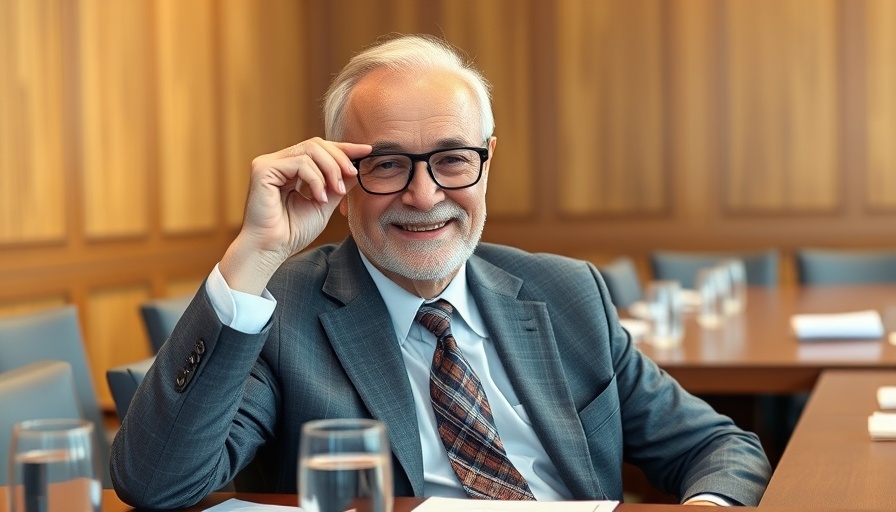
Understanding Physician Burnout: A Growing Epidemic
Physician burnout has reached an alarming level, affecting not only the well-being of healthcare providers but also the quality of patient care. A recent study from UCLA highlights the potential for group coaching to significantly alleviate this problem. The study found that implementing group coaching reduced burnout levels by nearly 30%, shedding light on an innovative approach that can benefit healthcare systems and individual practices alike.
Group Coaching: A Practical Solution for Concerns in Concierge Medicine
Group coaching entails small sessions where physicians can share experiences, challenges, and strategies in a supportive environment. The UCLA study suggests that this not only addresses personal feelings of isolation but also fosters a collaborative spirit among practitioners. For concierge medical practice owners, encouraging participation in such programs may not only enhance physician well-being but also improve patient satisfaction. When doctors are less stressed, this leads to better health outcomes and retention in practices where there are personalized care mechanisms.
The Economic Case for Reducing Burnout
For concierge practices aiming to secure their standing as the leading option in their community, understanding the economics of physician burnout is crucial. Burnout doesn’t just affect personal health; it has tangible implications for the bottom line, including employee turnover and decreased productivity. A 30% reduction in burnout implies fewer sick days, reduced recruiting costs, and improved overall morale. This can potentially save practices thousands of dollars annually, underscoring the importance of investing in mental health and wellness programs.
Cultivating a Healthy Practice Environment
Creating a culture that prioritizes mental health is essential. Concierge practices often focus on individualized care; this ethos can extend to how we care for the practitioners. Regularly scheduled team retreats, mindfulness training, and promoting work-life balance are all practices that can be integrated into the work environment. Rather than seeing this as an expense, practice owners should view it as an investment in the sustainability of their business.
Exploring More Innovative Wellness Strategies
Alongside group coaching, concierge medical practices might consider exploring other innovative wellness strategies. Workshops focused on time management, meditation sessions, or even nutritional counseling can provide comprehensive support for physicians. By encouraging a holistic approach to wellness, practices create an environment that attracts not only patients but also top talent among medical professionals.
Making Data-Driven Decisions
As a practice owner, you can harness data from studies like the one from UCLA to inform your strategies. Providing evidence-backed opportunities for professional development helps justify investments in wellness programs. Lead with the findings—communicate how attending coaching programs can yield practical benefits for individual practitioners and, by extension, for the entire practice’s success.
The Importance of Commitment to Change
The findings from the UCLA study remind us of a critical note: meaningful change requires commitment. If you’re considering group coaching, make sure to fully commit to its implementation—gather feedback, track progress, and remain flexible to adapt the program to meet the needs of your team. By prioritizing these initiatives authentically, you'll build a happier, more engaged workforce.
In conclusion, reducing physician burnout through innovative approaches like group coaching isn't just beneficial for physicians. It fosters a healthier practice environment, thereby enhancing patient care and satisfying operational outcomes. As a concierge medical practice owner, embracing these strategies can set you apart in a competitive market.
Take the first step in revolutionizing your practice by exploring group coaching and other wellness innovations today!
 Add Row
Add Row  Add
Add 






Write A Comment